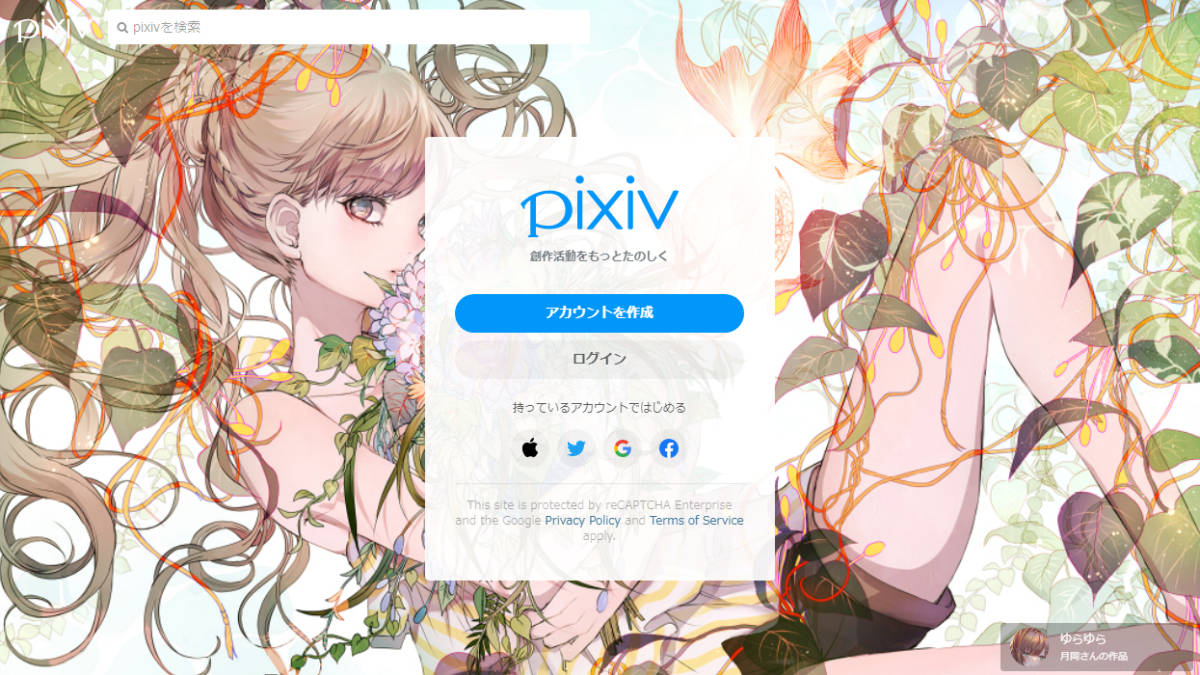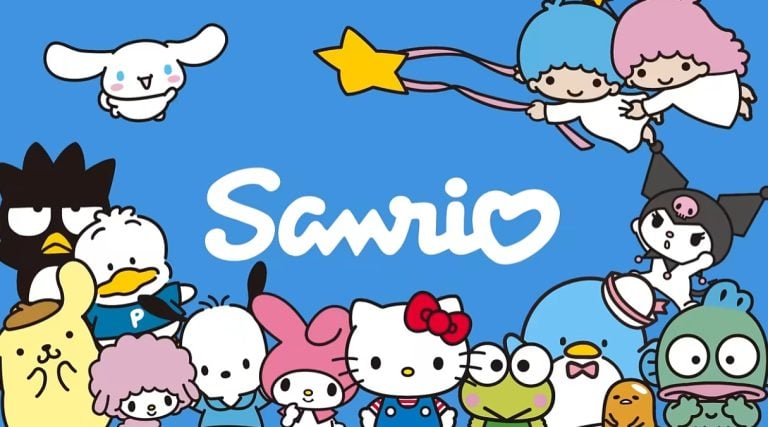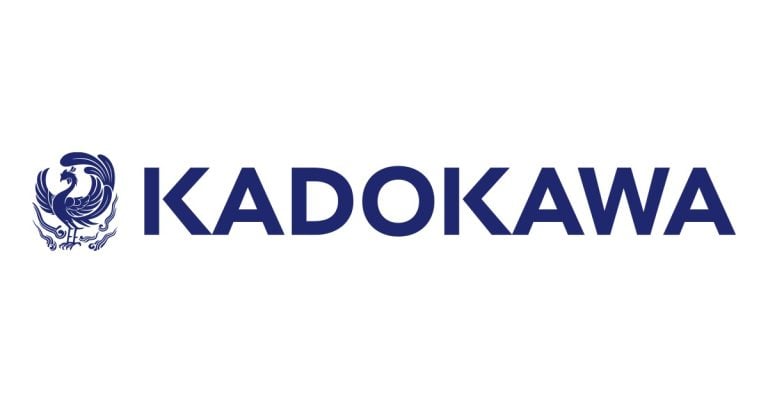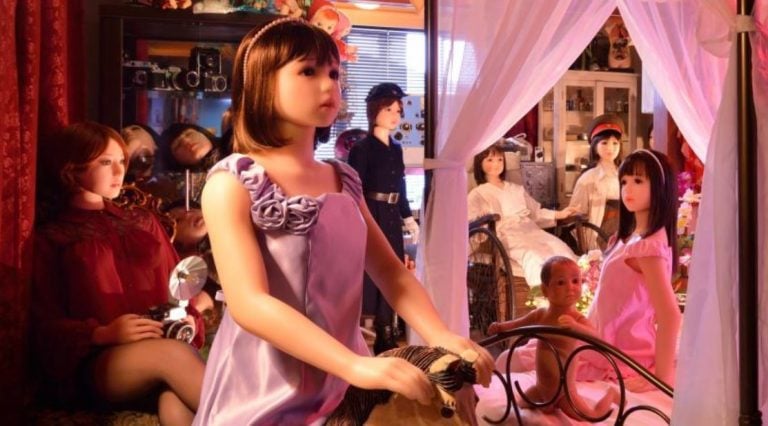pixiv has announced its policy on AI-generated works. The announcement states, “We have recently witnessed a surge of inquiries regarding artworks in which all or most of the production process is carried out by AI,” and starting in late October, the site plans to implement the following changes:
■ Upcoming changes
・We’ll introduce a feature enabling anyone to set their own AI-generated work as such when uploading it
・You’ll be able to filter out AI-generated work in your searches
・We’ll add separate rankings for AI-generated work
More details on each feature will be announced upon release.
pixiv is a service that allows users to post or view illustrations, manga, and novels. Since its establishment in 2005, the number of registered users has continued to grow, and it is now one of the major platforms in Japan for posting creative works. The site is also popular outside of Japan and boasts a huge number of overseas users.
The new policy announcement comes on the heels of the recent rise of AI-generated artwork. pixiv is not the only site making changes, as many other illustration services in Japan have been compelled to decide how they will deal with AI-generated content after many users expressed the desire to be able to distinguish between works that do or do not use AI (related article).
On Twitter in Japan, tweets that lament the fact that pixiv searches now result in a multitude of AI-generated art have been met with an overwhelming response. It is common for search results to be filled with an overabundance of AI-generated illustrations with incredibly similar composition and content. As a result of this situation, “pixiv” has been trending in Japan on a daily basis.
Manga artist Rokurou Shinofusa shared his concerns regarding the situation:
I believe that the grave situation brought about by the spread of AI illustrations is not a labor problem but an environmental one.
Since AI content can be produced more quickly that hand-drawn art, it will not be very long before the number of AI-generated art exceeds the total number of regular art and photos. Once the internet is overflowing with AI content, image searches will become unusable.
The introduction of a non-native species with strong reproductive ability and the resultant loss of diversity within the ecosystem is not something that can be called progress.
In Japan, the advancements in AI image generation technology have caused many to express their fear that illustrators may become unnecessary and lose their jobs. The recent concerns with pixiv have brought forth the possibility of hand-drawn works becoming lost among the excess amount of AI-generated content. It is feared that if things keep going at this rate, image searches will no longer function as originally intended.
Many have suggested using pixiv’s mute function to deal with the current state of the site, but this option hasn’t caught on among Japanese users. For regular users of the site, the mute function can only be used for one word at a time. If you want to mute multiple words at once, then it is necessary to become a premium user. This means that regular users who had already been muting a different word must pay a fee if they would like to also mute AI illustrations.
Furthermore, trying to block AI illustrations by muting the term “AI” can also introduce a number of other issues. One of which is the fact that it will also mute anything that contains the letters “AI,” like “hair” or “hentai.”
Another problem with using the mute function is that it is similar to a filtering function and simply blocks the thumbnails of the content that you want to mute. So even if you mute something, it doesn’t actually get removed from the list of search results. In other words, the mute function does not provide the outcome desired by users who want to search for non-AI content.
It was this string of events that led to pixiv’s recent announcement. pixiv had this to say in regard to the use of AI technology:
At pixiv, we believe that the use of AI technology in the creative process will become even more widespread in the future, and we have no plans to ban AI-generated artwork completely.
We believe that AI technology, like other technologies that have been developed up until today, such as art supplies and resources, drawing software and digital tools, and 3D technology, can be a valuable ally to creators.
Ultimately, we are looking for ways in which the creative community and technology can coexist successfully.
On the other hand, the rapid development of this technology has brought about various concerns and different perspectives about the use of AI, and we realize the regulations and ethics discourse haven’t kept up with the pace of this transition. We are currently researching various topics related to AI technology and discussing each matter.
We are committed to long-term efforts to address the concerns of creators, general sentiment, and legal limits so that everybody can enjoy the world of creation with peace of mind.
While pixiv’s response was met with a positive reaction on Twitter, some have pointed out that this will not solve the problem if AI-generated content is not labeled appropriately by the poster. Additionally, some have expressed concerns about the possibility of other users intentionally applying the AI tag to hand-drawn works. It appears that pixiv still has some way to go before it can satisfy all its users.
The newly announced features may not completely solve the issues associated with AI-generated art, but it does appear that they will, at least to some degree, improve the ability to differentiate between content, something that was seen as a major problem by many users. We will continue to keep an eye on the fluctuating trends of AI technology and hope that pixiv can remain a beloved service for creators in the future.
Written by. Marco Farinaccia based on Len Aoi’s original Japanese article





